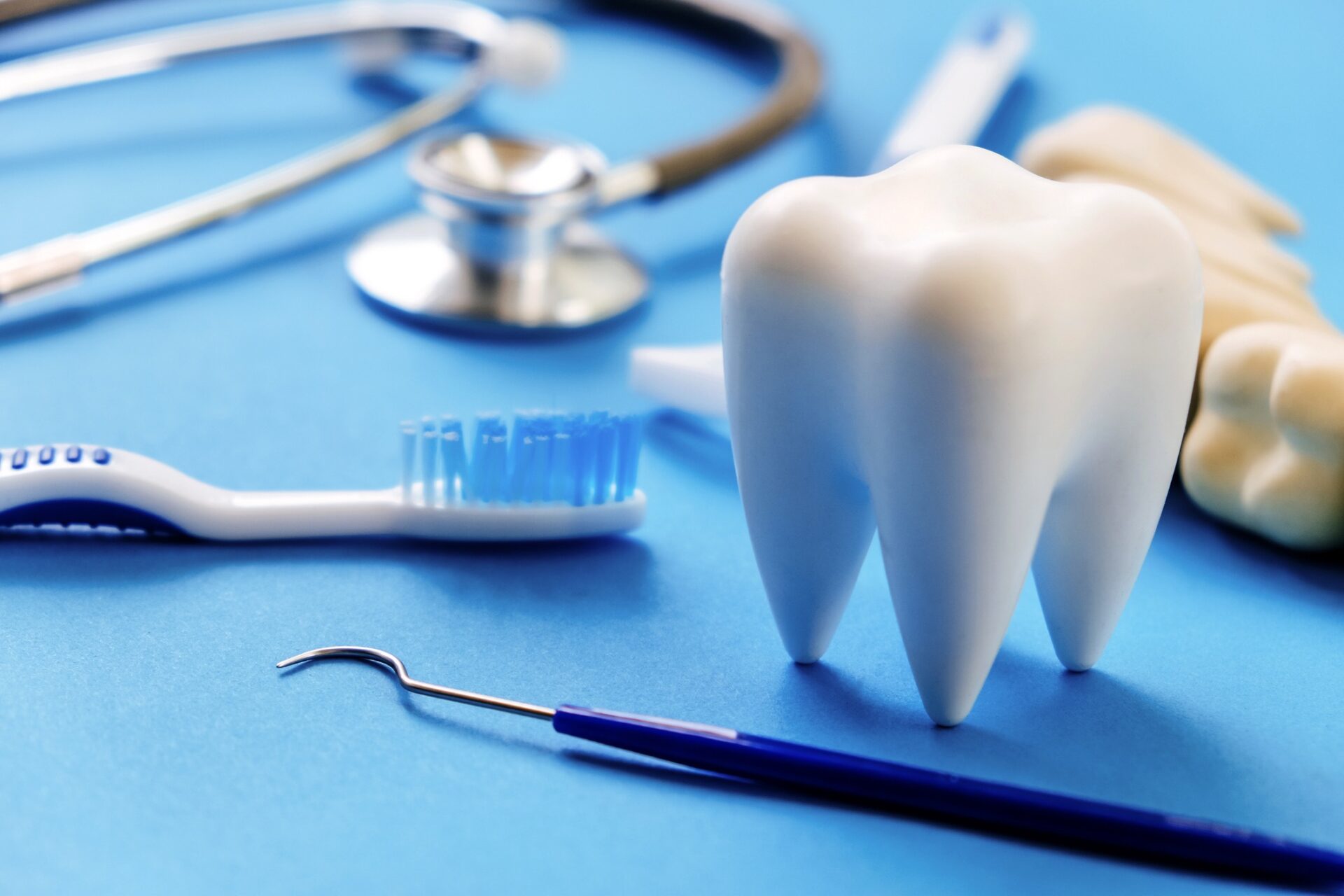If you’ve ever brushed your teeth and noticed a tinge of red in the sink afterwards, you may have experienced bleeding gums.
While it might be easy to dismiss this as a one-time occurrence or simply brush it off as an inconvenience, bleeding gums is not something that should be taken lightly. In fact, it can be an indication of a larger issue and ignoring it could lead to serious oral health problems down the line.
Whether you’re someone who frequently experiences bleeding gums or just want to stay informed about your oral health, keep reading for everything you need to know about this sometimes overlooked but crucial aspect of dental care.
What Causes Bleeding Gums?
The accumulation of plaque on teeth and along the gum line can induce inflammation and irritation, giving rise to gingivitis—the initial phase of gum disease. Left untreated, gingivitis may progress to periodontitis, causing significant damage to both gums and teeth.
Other potential causes of bleeding gums include:
- Brushing too forcefully: While brushing is crucial for keeping your oral health in check, applying excessive pressure or using a toothbrush with stiff bristles can potentially harm your gums and result in bleeding.
- Medicines: Certain medications, like blood thinners, can heighten the probability of gum bleeding.
- Vitamin deficiencies: A lack of certain vitamins, particularly vitamin C and K, can weaken your gum tissue and make them more prone to bleeding.
- Hormonal changes: Hormonal fluctuations during pregnancy or menopause may result in bleeding gums for some women.
- Medical conditions: Bleeding gums can also be a symptom of certain medical conditions, such as diabetes or leukemia.
How to Prevent Bleeding Gums
The good news is that you can prevent bleeding gums by following some simple steps and making certain changes in your daily routine. Here are some tips to keep your gums healthy and prevent them from bleeding:
- Brush and floss regularly: The key to averting bleeding gums lies in upholding proper oral hygiene. This involves brushing your teeth a minimum of twice daily and engaging in daily flossing to eliminate accumulated plaque from the spaces between your teeth.
- Use a soft-bristled toothbrush: As mentioned earlier, using a hard-bristled toothbrush can damage your gums. Choose a soft-bristled toothbrush and don’t put too much pressure while brushing.
- Rinse with salt water: Salt possesses inherent anti-inflammatory properties that aid in the reduction of gum swelling. Mix half a teaspoon of salt with a cup of warm water, then rinse your mouth with the solution after brushing your teeth.
- Quit smoking: Tobacco use not only discolors teeth but also harms gums, elevating the likelihood of gum disease. Ceasing smoking not only enhances your general well-being but also positively impacts your oral health.
- Avoid sugary and acidic foods: Steer clear of sugary and acidic foods, as they can encourage the accumulation of plaque, resulting in gum inflammation and bleeding. To uphold gum health, restrict your consumption of these types of foods.
When to See a Dentist
If you experience persistent bleeding gums, it is important to see a dentist. Our dentist examines the severity of your condition and provide appropriate treatment. In certain instances, bleeding gums could signal an underlying dental concern that requires attention.
Additionally, if you notice other symptoms such as:
- bad breath
- loose teeth
- receding gums
Best to consult a dentist for further evaluation. Neglecting these signs may result in more serious oral health problems in the future.
Professional Treatment for Bleeding Gums
In cases where home remedies do not provide relief, dentists may recommend professional treatment options such as:
- Scaling and root planing: This in-depth cleaning process involves the removal of plaque and tartar buildup from below the gum line. It aids in preventing further gum disease and enhancing gum health.
- Antibiotics: Dentists may at times prescribe antibiotics to treat bacterial infections in the gums. These antibiotics can be given in the form of mouthwash, gel, or pills.
- Laser therapy: By using a dental laser, dentists can eliminate infected tissue and facilitate healing in the affected area. This is a minimally invasive procedure that causes minimal discomfort and results in faster healing.
- Surgical intervention: In severe cases, surgery may be required to eliminate diseased tissue and enhance overall gum health. Procedures such as flap surgery or gum grafts may be performed.
Bleeding gums are not a problem to be ignored. It is a clear indication of an underlying issue that needs to be addressed.
As a dental practice run by Jaline Boccuzzi Dentistry, we are committed to providing comprehensive care that addresses both the symptoms and the underlying reasons of bleeding gums.
The fact that we are aware of the relationship that exists between oral health and general well-being is one of the reasons why each and every member of our staff is committed to ensuring that you receive the highest possible quality of care.
Gums that are bleeding are a common condition that should not be ignored because they might be an indication of more serious issues with oral health. Contact us if you need help with bleeding gums.
